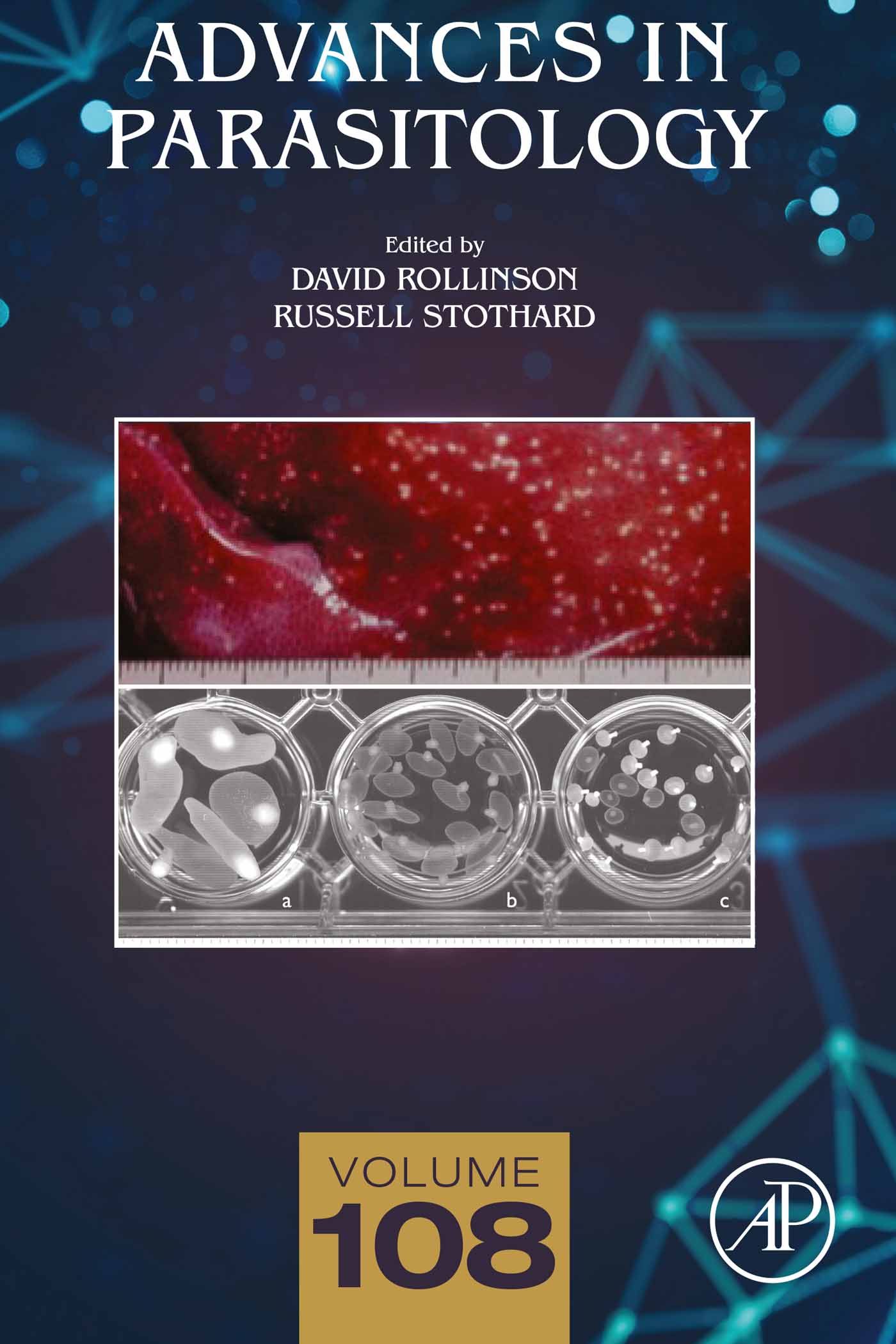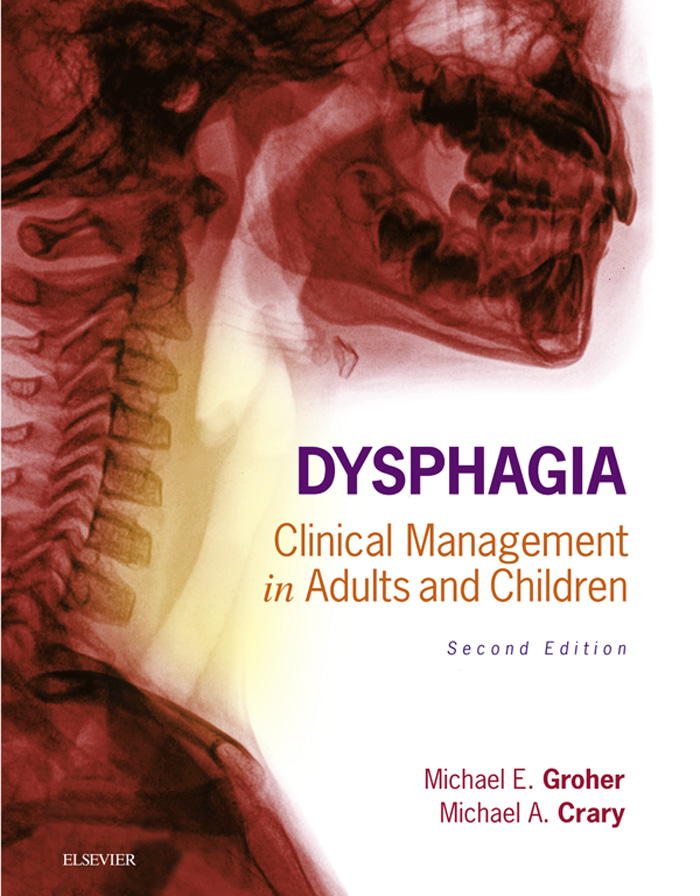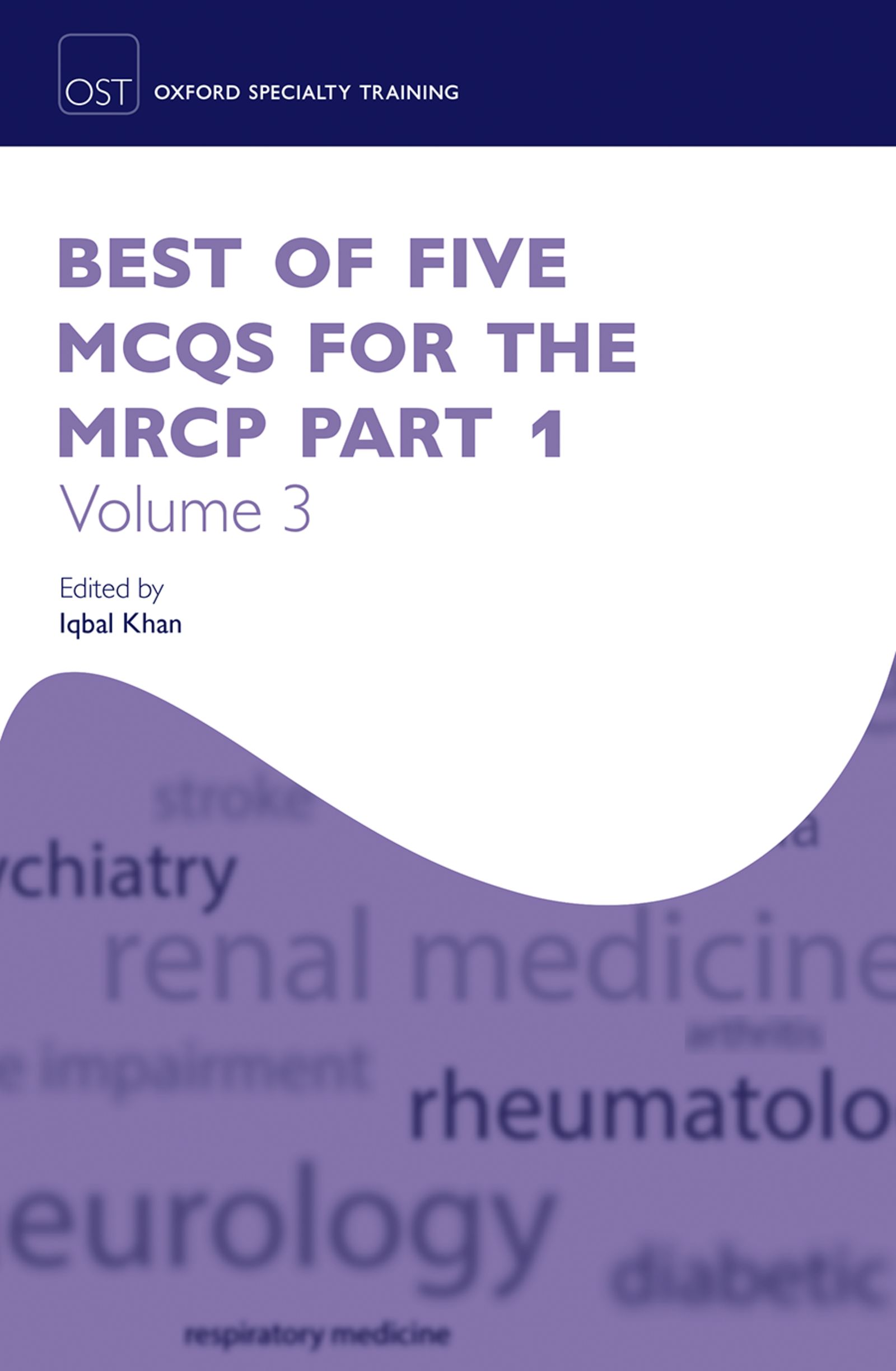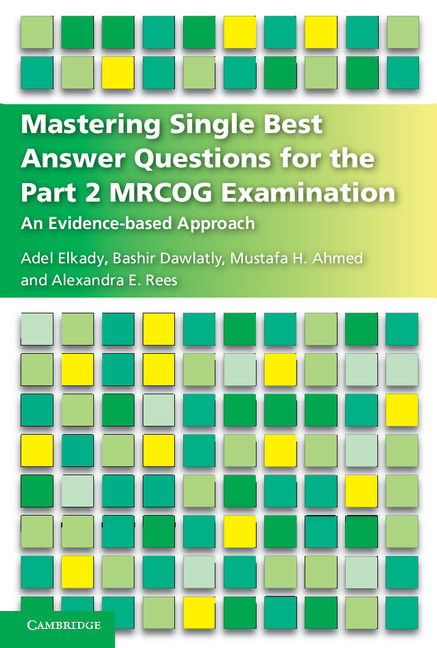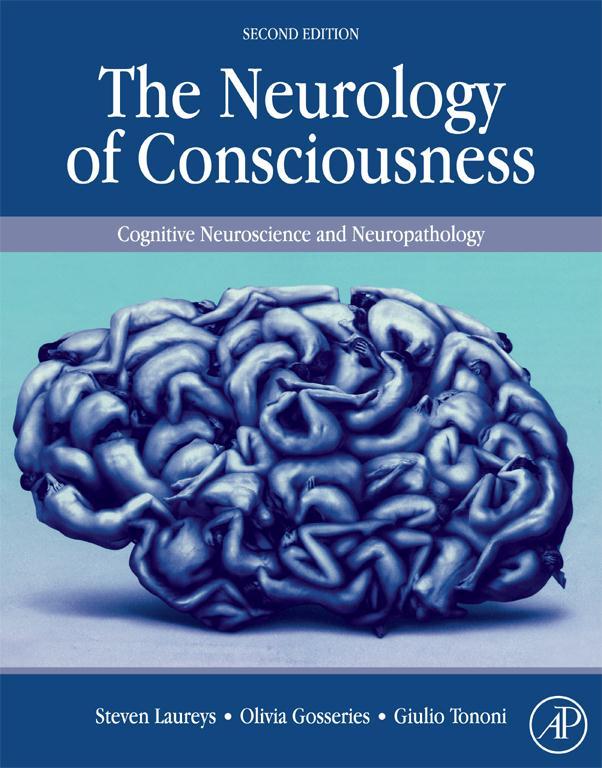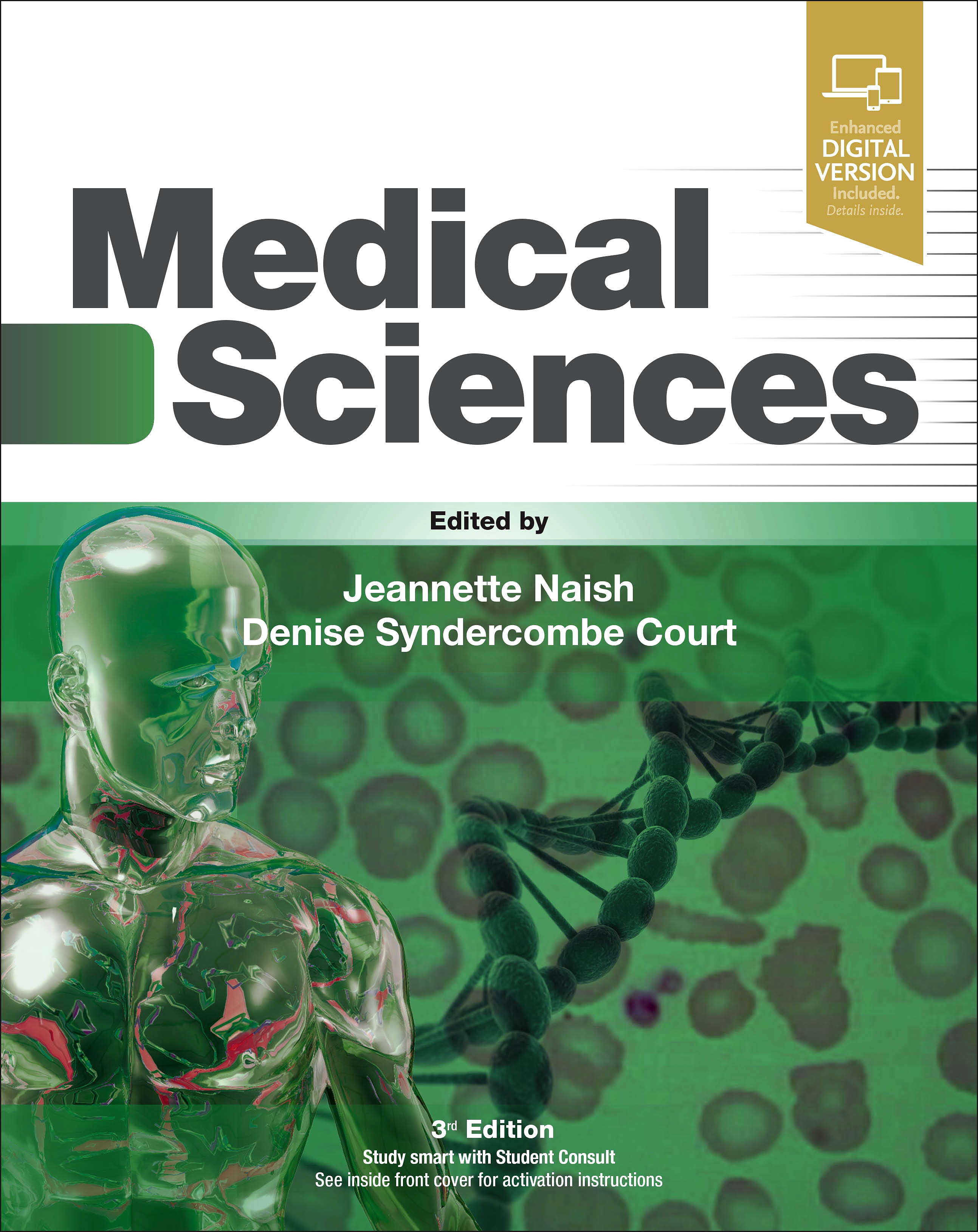Advances in Parasitology
by John R. Baker
2020-07-23 08:56:42
First published in 1963,Advances in Parasitology contains comprehensive and up-to-date reviews in all areas of interest in contemporary parasitology.Now edited by J.R. Baker (Royal School of Tropical Medicine and Hygiene, UK), R. Muller (...
Read more
First published in 1963,Advances in Parasitology contains comprehensive and up-to-date reviews in all areas of interest in contemporary parasitology.
Now edited by J.R. Baker (Royal School of Tropical Medicine and Hygiene, UK), R. Muller (International Institute of Parasitology, UK) and D. Rollinson (The Natural History Museum, UK), supported by an international Editorial Board,Advances in Parasitology includes medical studies on parasites of major influence, such as typanosomiasis and scabies, and reviews of more traditional areas, such as zoology, taxonomy, and life history, which shape current thinking and applications. Eclectic volumes are supplemented by thematic volumes on such topics asRemote Sensing and Geographical Information Systems in Epidemiology.
In 1999, the Institute for Scientific Information released figures showing thatAdvances in Parasitology has an Impact Factor of 4.913, placing it 2nd in the highly competitive category of Parasitology.
This eclectic volume in the serial contains four reviews on the following topics:
* Two reviews on the biology of trypanosomes (a parasitic protozoan) and trypanosomiasis (disease caused by the parasite, such as sleeping sickness and Chagas'' disease), a topical area in public health, especially in Africa and South America, and much research in epidemiology and molecular biology/biochemistry.
* A review summarizing the literature on the biology of Echinostomes (parasitic flatworms), focusing on descriptions and life cycle studies, experimental studies and physiology, and biochemistry and molecular biology.
* A review on the importance of apoptosis (programmed cell death) in the interaction between host and parasite--how it is used in both the parasite ''attacking'' the host, and in the host''s defense mechanisms. This has implications in the evolution of parasite and host systems, and also in identifying the underlying causes of diseases caused by parasites.
Less


